Coronavirus lockdown survival 101: humour matters, weight gains don’t
Yes, lockdown is horrible but you’ll get through. In our extreme shutdown we played didgeridoos, wrote novels and operas. Just don’t weigh yourself.
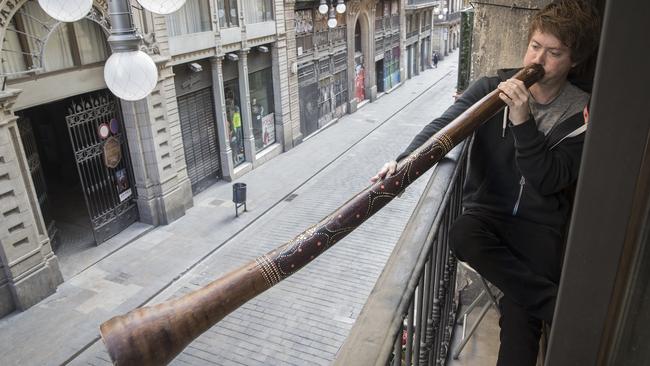
Lockdown is horrible. It’s frustrating and claustrophobic. It is also a time of sharp societal division: those who want to lock down harder because of the unknowns of this new COVID-19 virus and those who believe officials have adopted disproportionate extreme measures.
When it gets too much — and it will — remind yourself that Spaniards and Russians had it even more extreme. They had no outdoor exercise at all for 12 long weeks, as with the Brits, with no haircuts and no extra-curricular sex for 100 days, and the Italians, no take-away espressos for four months. The French had curfews, too, but they were daytime ones.
At the moment, other Australians are locked down even more brutally, with no exercise and often no fresh air for two weeks, crammed in one tiny hotel room (including families of four).
They also have the ignominy of paying for it because they have had to return home from overseas because of job losses or ill parents and deal with politicians labelling them a “biohazard’’.
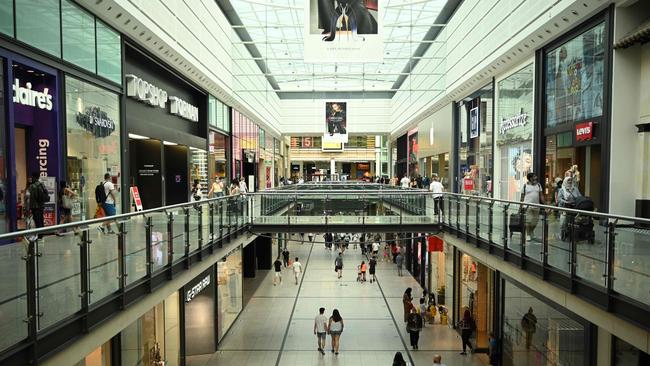
On the first day of British lockdown, a friend WhatsApped a photo of his son, smartly dressed in his school uniform for his first day of homeschooling.
Another remarked how this was an important psychological trick as dressing for work when at home made a difference, “says someone who usually works in active wear’’. Humour is crucial.
Several Europeans have said extended home confinement was a shock. French academic Benoit Barbeau, who lives in Paris, said: “Get out of the house for the entire hour every day no matter the weather. I had to carry a piece of paper and I could only run up and down my street, but it was very important for the soul to see different scenes. After a week or so you find you don’t want to go out at all because it all becomes too hard, but you must say to yourself ‘This is not good’ and make the effort.”
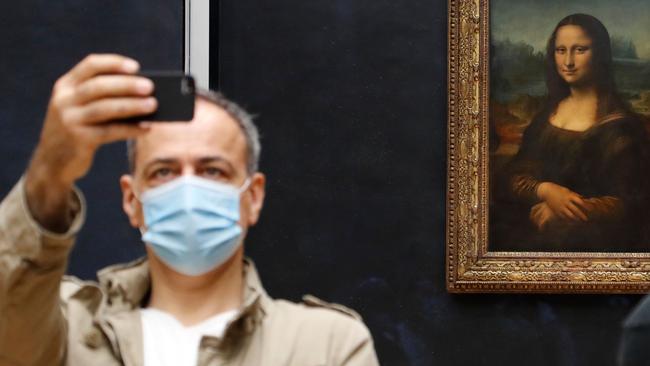
Yet it’s an emotional rollercoaster: one friend was distraught to find her seven-year-old son sinking into a deep depression; when she finally got medical help, his diagnosis was via a phone call. To not be able to care or see sick relatives is another heartbreak that does little for the desperate situation or your morale.
A Greek colleague would curl up in a corner, struggling for the first couple of weeks until she stopped listening to news and began to clear out a cupboard each day. “Throwing out what I didn’t need helped me cope with the mental weight of being furloughed, and I couldn’t cope listening to death rates all the time.’’
Food writer Toni Brancatisano survived the Rome lockdown and suggested recognising this time as being special family time and to cook with the children.
Queensland chef Sebbi Kenyon, whose strict lockdown in a Moscow apartment involved keeping a near two-year-old entertained for three months, suggested the same. “Chasing my son around the house or playing games with him is better than those workout videos,’’ he said.
As for trying new things, two colleagues have produced a documentary, another began a novel and a friend of a friend in Manchester wrote her first opera, with singers from Texas and England, and the director in Edinburgh — it went live on a “festival of lockdown’’ pieces.
In Barcelona, Mark Carter of Melbourne used to play his didgeridoo from the balcony while Queenslander Tayla Stephenson’s treat to herself would be to sneak to her upper floor Barcelona rooftop and yell across the street void to a work colleague who lived across the road.
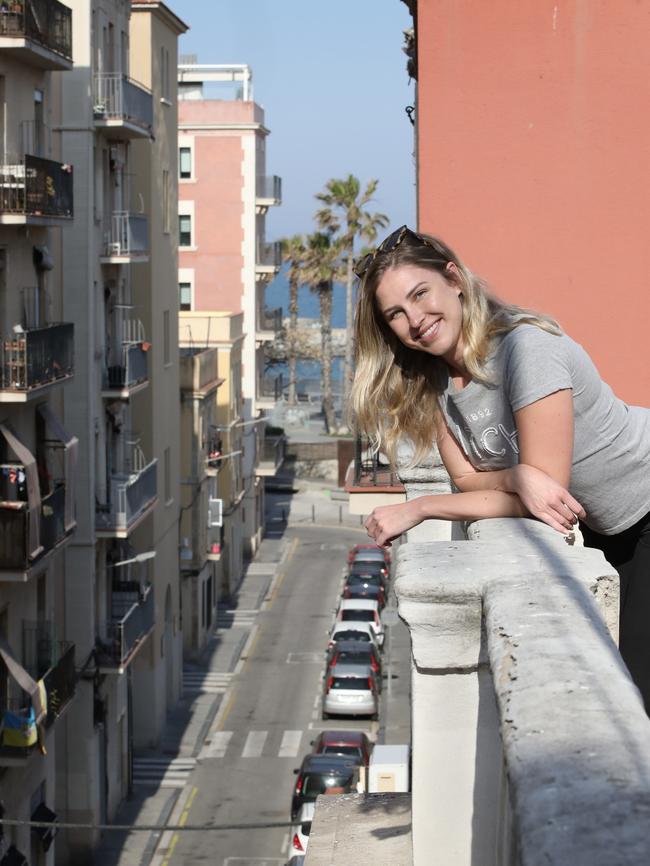
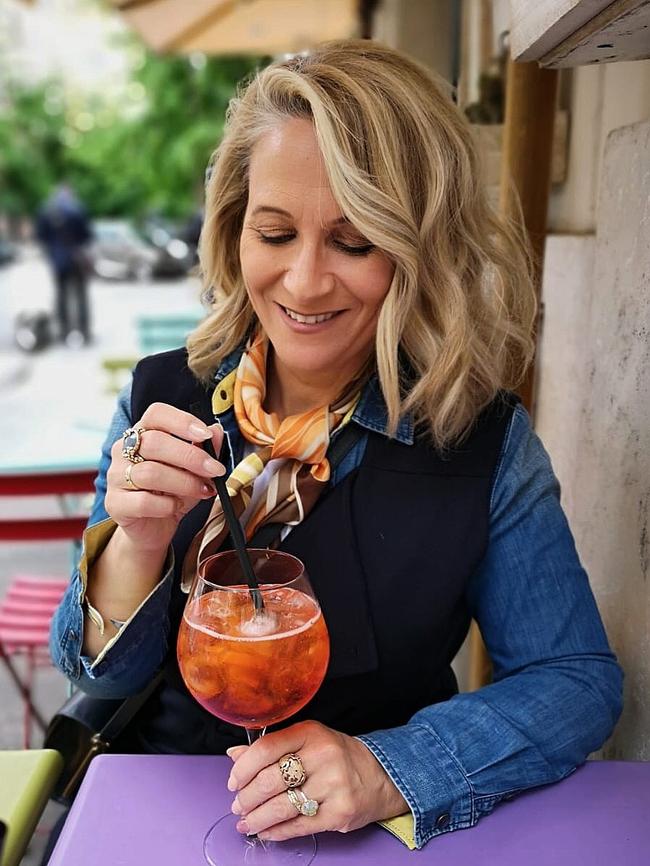
If Melbourne follows the lead of European cities, there could be a breakdown in an initial community togetherness and a fresh restlessness. Real estate agents in London and Paris reported record inquiries to move to the country and while some want to continue working from home more, the moves are being driven by desires for bigger gardens and a break from neighbours’ DIY efforts.
There was also singular clarity when it came to dealing with lockdown weight gains, an almost guaranteed outcome from a lack of incidental movement, coupled with anxiety-eating. And that was “Who cares? This is a pandemic.’’




To join the conversation, please log in. Don't have an account? Register
Join the conversation, you are commenting as Logout